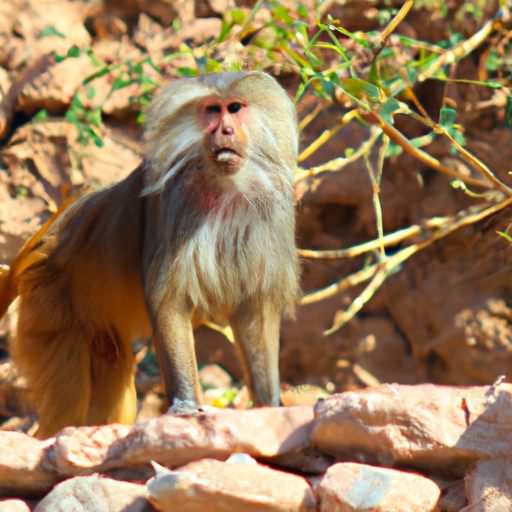 Introduction:
Introduction:
The use of capital letters plays a significant role in language, helping to convey meaning, emphasizing importance, and distinguishing proper nouns. However, when it comes to determining whether animals should be capitalized, the debate becomes complex and multi-faceted. This article aims to delve into the various perspectives surrounding this question, exploring linguistic conventions, ethical considerations, and the impact of capitalization on animal rights discourse.
Linguistic Considerations:
In traditional English grammar, capitalization is reserved for proper nouns, which include names of people, places, and specific entities. Since animals are generally not considered proper nouns, adhering to traditional grammar rules would suggest that they should not be capitalized. However, language is dynamic, and conventions evolve over time. Some argue that animals are an integral part of our lives, deserving recognition and respect, thus warranting capitalization.
Cultural Significance:
Animals hold immense cultural significance across different societies and belief systems. They often feature prominently in myths, folklore, and religious texts, acting as symbols, deities, or revered beings. In these instances, capitalization may be used to emphasize the importance and sacredness associated with these animals. Capitalizing animal names in such contexts can be seen as an acknowledgement of their cultural and spiritual value.
Scientific Usage:
In scientific literature, there is a general consensus that animal names should not be capitalized. The Linnaean binomial nomenclature, which forms the basis of biological classification, mandates that only the genus and species names be capitalized (e.g., Canis lupus). This convention aims to maintain consistency and facilitate clear communication within the scientific community. Deviating from this standard could lead to confusion and potentially hinder scientific progress.
Anthropocentrism and Animal Rights:
The debate over capitalization also intersects with the broader discussion on animal rights and the recognition of non-human animal sentience. Capitalizing animal names can be seen as a step towards acknowledging their individuality, inherent worth, and capacity to experience suffering. By giving animals the same grammatical importance as humans, proponents argue that we underscore the need for ethical consideration and challenge anthropocentric assumptions.
Critics of Capitalization:
Opponents of capitalizing animal names argue that it blurs the line between humans and animals, potentially undermining human exceptionalism and the unique attributes that differentiate us. They assert that this linguistic practice could lead to unintended consequences, such as diminishing the significance of human achievements or inadvertently granting animals more rights than intended. Additionally, they contend that capitalization should be reserved for proper nouns to maintain grammatical consistency.
Balancing Perspectives:
Finding a middle ground in this debate may involve acknowledging the importance of context and intention. In some cases, capitalizing animal names could be seen as a symbolic gesture, emphasizing the significance of certain species or highlighting their cultural or ecological importance. However, in most general contexts, adhering to traditional grammar rules would likely prevail, as it ensures clarity and consistency within written communication.
Conclusion:
The question of whether animals should be capitalized is not a simple one, as it encompasses linguistic, cultural, scientific, and ethical considerations. While there is no definitive answer, exploring the various perspectives on this matter helps us better grasp the complexities of human-animal relationships, language usage, and societal values. Ultimately, the decision to capitalize or not capitalize animal names should be made thoughtfully, considering the specific context and purpose of communication.
